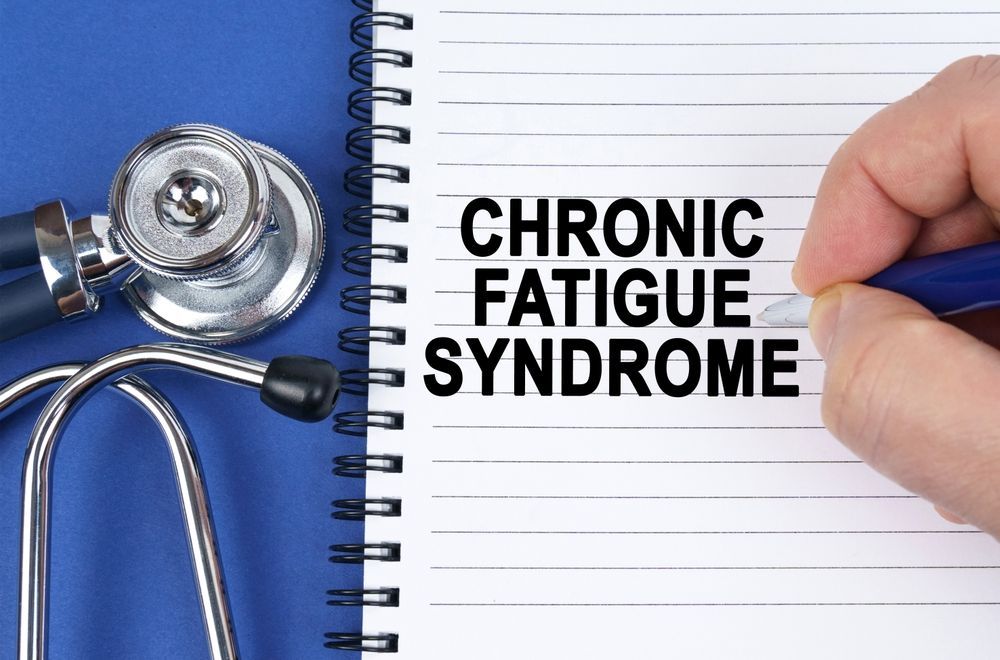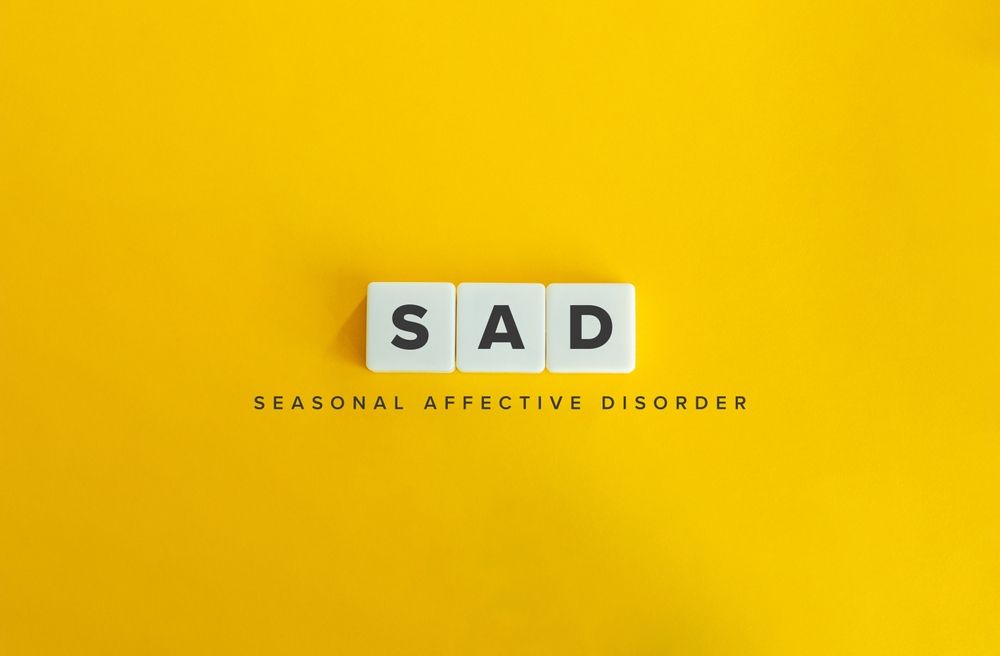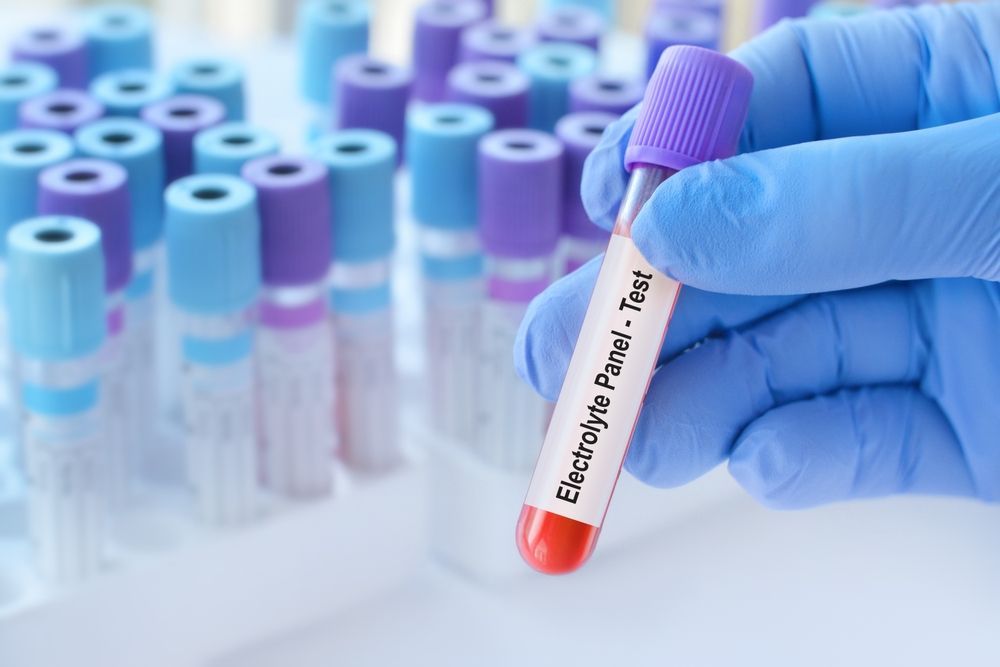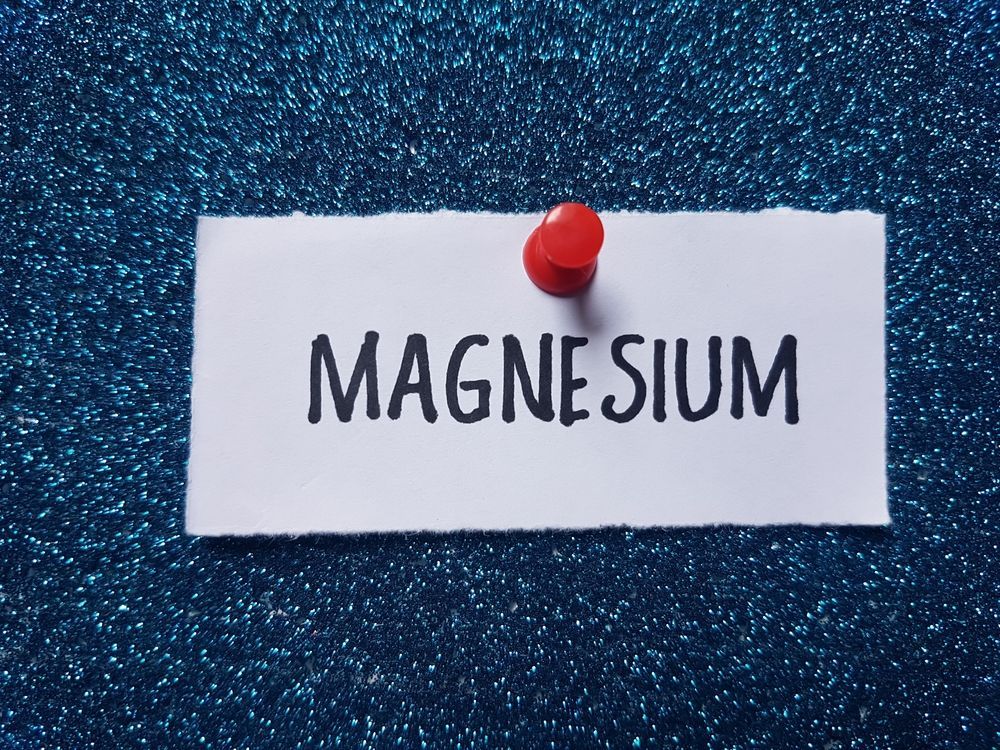How IV Therapy Can Help Combat Chronic Fatigue Syndrome

How IV Therapy Can Help Combat Chronic Fatigue Syndrome
Chronic Fatigue Syndrome (CFS) is a debilitating condition that affects millions of people worldwide. For those suffering from this disorder, everyday life can seem overwhelming due to persistent fatigue that is not alleviated by rest. In recent years, Intravenous (IV) therapy has emerged as a potential treatment option for individuals grappling with CFS. This article explores the connection between IV therapy and chronic fatigue syndrome.
Understanding Chronic Fatigue Syndrome
Chronic Fatigue Syndrome is characterized by extreme fatigue that lasts for at least six months and doesn't improve with rest. It can affect anyone, regardless of age or lifestyle, leading to significant limitations in daily activities.
Symptoms and Diagnosis of Chronic Fatigue Syndrome
Symptoms of CFS can vary widely from person to person. Common symptoms include:
- Severe fatigue
- Sore throat
- Muscle pain
- Sore lymph nodes
- Headaches
- Sleep disturbances
Due to overlapping symptoms with other medical conditions, diagnosing CFS can be challenging. Healthcare professionals often employ a range of diagnostic criteria, including patient history and exclusion of other illnesses, to arrive at a diagnosis.
The Impact of Chronic Fatigue Syndrome on Daily Life
The incessant fatigue experienced by those with CFS can severely hinder their ability to function. Many individuals may have difficulty performing simple tasks, attending work, or engaging in social activities. This loss of functionality can lead to feelings of isolation, depression, and frustration.
Moreover, the condition can create a ripple effect that impacts family dynamics and personal relationships. Understanding the implications of CFS is vital for both patients and their loved ones.
An Overview of IV Therapy
IV therapy is a popular treatment method that delivers fluids, medications, and nutrients directly into the bloodstream. This technique allows for rapid absorption and can be particularly beneficial for individuals with nutrient deficiencies or dehydration.
The Science Behind IV Therapy
IV therapy works by allowing substances to bypass the digestive system, enabling higher concentrations of nutrients and medications to enter the bloodstream more effectively. This method is often used in various medical settings and can assist in treating a range of conditions.
For those with chronic fatigue syndrome, IV therapy can provide a quick boost of energy and nutrients, potentially helping to alleviate some symptoms associated with the condition.
Different Types of IV Therapy
There are various types of IV therapy, tailored to meet the specific needs of patients. Some common types include:
- Hydration therapy – replenishes lost fluids
- Nutrient therapy – delivers vitamins and minerals
- Amino acid therapy – provides essential building blocks for energy
These therapies can be customized based on the individual's health status and specific requirements, offering the potential for improved overall well-being.
The Connection Between IV Therapy and Chronic Fatigue Syndrome
The relationship between IV therapy and chronic fatigue syndrome lies in the potential for IV treatments to address nutrient deficiencies and improve overall health. By directly delivering essential vitamins and minerals, IV therapy may help combat the debilitating effects of CFS.
How IV Therapy Works to Alleviate Fatigue
IV therapy can provide immediate energy boosts, which might be particularly important for those with chronic fatigue. Essential nutrients like B vitamins, magnesium, and vitamin C can be delivered straight into the bloodstream, potentially revitalizing energy levels and enhancing mental clarity.
As patients begin to feel more energetic, they may find it easier to engage in daily activities and improve their overall quality of life.
The Role of Nutrients in IV Therapy for Chronic Fatigue Syndrome
Many individuals with CFS experience nutrient deficiencies that can contribute to their fatigue. IV therapy frequently includes a blend of:
- B vitamins – essential for energy production
- Vitamin C – supports immune function
- Magnesium – crucial for muscle and nerve function
By replenishing these nutrients, IV therapy aims to restore balance in the body, which may help alleviate some fatigue symptoms.
Safety and Efficacy of IV Therapy for Chronic Fatigue Syndrome
As with any treatment option, it’s important to consider the safety and efficacy of IV therapy for CFS. Consulting with a healthcare provider is essential to determine if this is a suitable option for individual cases.
Potential Side Effects of IV Therapy
While IV therapy is generally considered safe, it may have some side effects, which can include:
- Vein irritation
- Infection at the injection site
- Allergic reactions to the nutrients administered
It's important to discuss any concerns with a healthcare professional prior to starting treatment.
Success Rates of IV Therapy in Treating Chronic Fatigue Syndrome
Research on the success rates of IV therapy for CFS is still ongoing. Some patients report significant improvements in energy levels and overall health after undergoing IV treatments. However, outcomes can vary widely among individuals, and continual assessment and adjustment may be necessary for optimal results.
Preparing for Your First IV Therapy Session
Entering into IV therapy can be an exciting yet nerve-wracking experience. Proper preparation can help ease any anxiety you may feel.
What to Expect During an IV Therapy Session
Your initial therapy session will begin with a consultation, during which your healthcare provider will review your medical history and discuss your goals for treatment. The procedure itself is relatively simple:
- You will be seated comfortably.
- An IV catheter will be inserted into your arm.
- The nutrient solution will begin to flow into your bloodstream.
Depending on the treatment plan, the session can last anywhere from 30 minutes to several hours.
Post-IV Therapy Care and Maintenance
After your IV therapy session, it is essential to hydrate well and monitor how you feel. You may experience improved energy levels, but it’s important to listen to your body and rest as needed.
Furthermore, discuss a follow-up plan with your healthcare provider to evaluate the effects of the therapy and make necessary adjustments for future sessions.
In conclusion, IV therapy presents a promising avenue for individuals suffering from Chronic Fatigue Syndrome. By understanding its potential benefits, and working closely with healthcare professionals, you can take meaningful steps toward improving your quality of life.
Related Posts
IV Active is a mobile IV therapy provider in NWPA. Our companies mission is to enable our clients to achieve optimal health and wellness through offering high quality IV Therapy solutions. We commit to providing excellent customer service and an extraordinary client experience at every visit. Our goal is to keep our clients active.
IV Active is a mobile IV therapy provider in NWPA. Our companies mission is to enable our clients to achieve optimal health and wellness through offering high quality IV Therapy solutions. We commit to providing excellent customer service and an extraordinary client experience at every visit. Our goal is to keep our clients active.
Payments
We accept all major credit cards including HSA and FSA Payments!

About Us
Disclaimer
The products and/or services provided by our medical staff are not intended to diagnose, treat, cure or prevent any disease. Always consult your medical provider before beginning any therapy program. All medications and vitamin supplements are provided by federally regulated 503B compounding pharmacies and/or licensed medical distributors.
© 2024 IV Active |
Privacy Policy
|
Terms
















